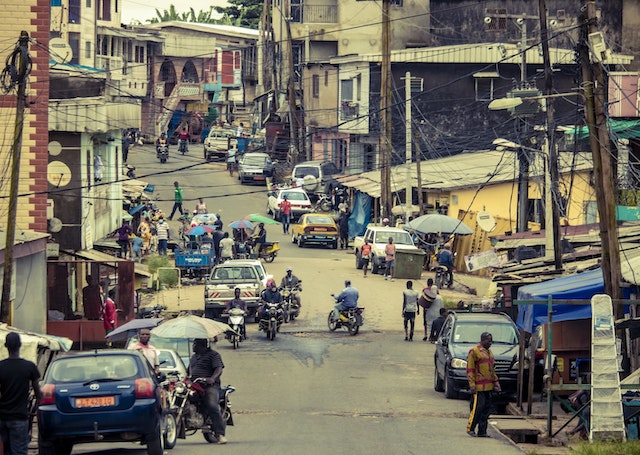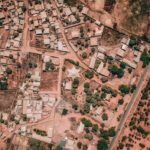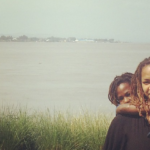4 Helpful Tips For Dealing With Street Harassment In Cameroon

It always seems to hit when you’re in the worst mood, when the heat is the hottest, when the meetings are the latest, when the store is all out of your favorite local chocolate bar Mambo, when the last shred of patience you had has already been spent dodging an errant moto taxi—the catcall.
“Baby!”
“Ma Cherie!”
“My wife, bring me back to white man country!”
Rare is that day that I can walk around without enduring harassment from men who seem to think that my gender and skin color entitle them to me, even in the town in Cameroon where I’ve been living as a Peace Corps Volunteer for more than a year. I struggle to understand and accept the social context that produces this phenomenon, to remember that it isn’t only here that women have the lovely privilege of being treated only marginally better than cattle (or to just ignore it). But sometimes I need, for my sanity, to deal with it head on. For those times, I usually go with one of four approaches:
4 Tips for Dealing With Street Harassment in Cameroon
1. Educate
They say the best defense is a good offense. For a few months last fall, I was teaching a class on development at an adult education school. One day I decided to broach a new topic: rape culture. I explained how street harassment and rape are actually part of the same twisted system, and how when someone yells out to me on the street, I feel like I’m losing some control over my body and my space, no matter how benign his words may seem. One male student said that he catcalls women on the street to gauge their interest, explaining that actually approaching them can be intimidating.
I had, let’s say, limited sympathy for his viewpoint. “If you want a job, you need to be courageous enough to apply,” I countered. “And if you want to talk to a girl, you need to be courageous enough to speak to her face to face, respectfully and in a way that makes you both comfortable.”
2. Answer to Madame
The inspiration for this one dates back to my sixth grade gym teacher who told us that in place of his complicated last name, we could just call him by his first name. When we excitedly asked what that was, he answered, “Sir.” When I get a “white man” or a “ma cherie” (“my dear” or “my baby” in French) on the street in my own town, I like to stop, look at the man, and say, “My name isn’t baby.” This is always followed by the man jumping on the opportunity to ask what my name is, to which I answer, “Madame” and keep walking.
4 Helpful Tips For Dealing With Street Harassment In Cameroon.
3. Pretend I could use a third husband
Polygamy isn’t uncommon in Cameroon, but it always takes the form of polygyny—one man with more than one wife. I like to throw those looking for long-term love a curveball and agree to their proposal, as long as they’re cool being my third husband. I usually don’t like using an imaginary husband as a defense against harassment because I would rather be a representative of the radical idea that women can travel alone, but for this technique I make an exception.
“Sure,” I say, “We can get married. I already have two husbands: one to cook for me and one to watch the children.” If he signs on, he’s welcome to clean my dishes, clothes and floors, I say. Did I mention I don’t have running water?
4. Tell them “tough luck”
This one comes courtesy of another Peace Corps Volunteer. Ashia might be the most versatile word in all of Cameroonian Pidgin English—the language spoken where I live. It has a host of meanings—sorry for your struggle, sorry for your loss, good morning, good luck—and Peace Corps Volunteers often use it colloquially to mean a sarcastic “tough luck.” When a man catcalls me, especially when he’s with a gaggle of his bros, I like to look him up and down and then look him in the eye and say, with a look that suggests pity more than anything, “Ashia.”
Photo by Unsplash.









